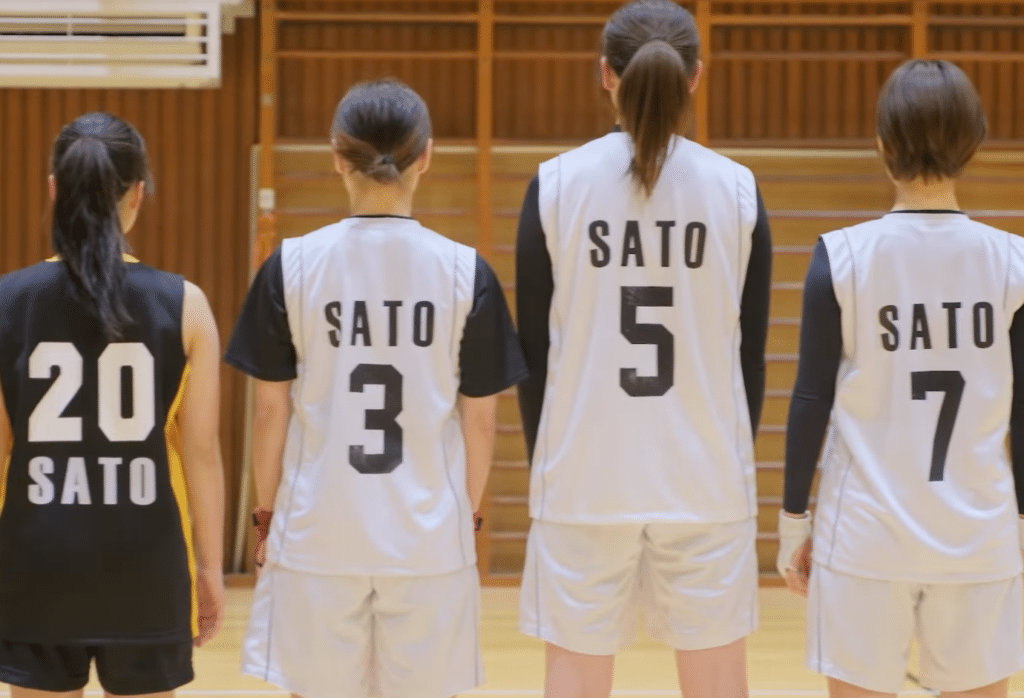In Japan, couples who marry are legally required to share the same surname. In almost every case, the woman in the relationship drops her maiden name to take on her husband’s.
The unique law however might led to a startling consequence — one Professor in Miyagi has predicted that if the law continues, every Japanese citizen in 500 years’ time will end up sharing the same surname of “Sato” — currently the most common surname in the country.
Economics Professor Hiroshi Yoshida from Tohoku University led a study, published last month, which calculated the estimated growth rate of popular Japanese surnames as couples enter into marriage and comply with the one-surname-under-the-law rule. Japan remains the only country in the world that requires spouses to have the same surname.
Professor Yoshida and his team used data from Myoji-yurai.net to access government statistics on common last names and found that the proportion of citizens with the surname Sato rose 1.0083 times from 2022 to 2023.
Based on the current rate of growth, the study predicts that over half of the Japanese population will be named Sato by year 2446, rising to include everyone by 2531.
“If everyone becomes Sato, we may have to be addressed by our first names or by numbers,” Professor Yoshida told Mainichi. “I don’t think that would be a good world to live in.”
A country full of Satos “will not only be inconvenient but also undermine individual dignity,” he said in another interview with Asahi Shimbun. “This would also lead to the loss of family and regional heritage associated with surnames.”
A movement for change
In Japan, there’s growing agitation to disband the law to allow married women to keep their surnames.
The study was commissioned by a number of organisations working towards overturning the civil code — among them, one called the Think Name Project, which supports equal marriage by championing for the rights of individuals (mostly women) to retain their maiden names after marriage.
Yoko Hayashi, the former chairperson of the United Nations Committee on the Elimination of Discrimination against Women (CEDAW), said the Japanese government have received repeated recommendations to amend the law from the CEDAW.
“The international community is paying attention to whether Japan can change towards gender equality, or whether it will continue to be sluggish and buried,” she said.
According to the Japanese government’s White Paper on Gender Equality, over 80 per cent of citizens believe married couples should be allowed to have different surnames.
Forty per cent of 30-40 year olds said they did not wish to change their surnames after marriage, while one in four unmarried women aged 20 – 39 cited the law as the reason they do not aspire towards marriage.

